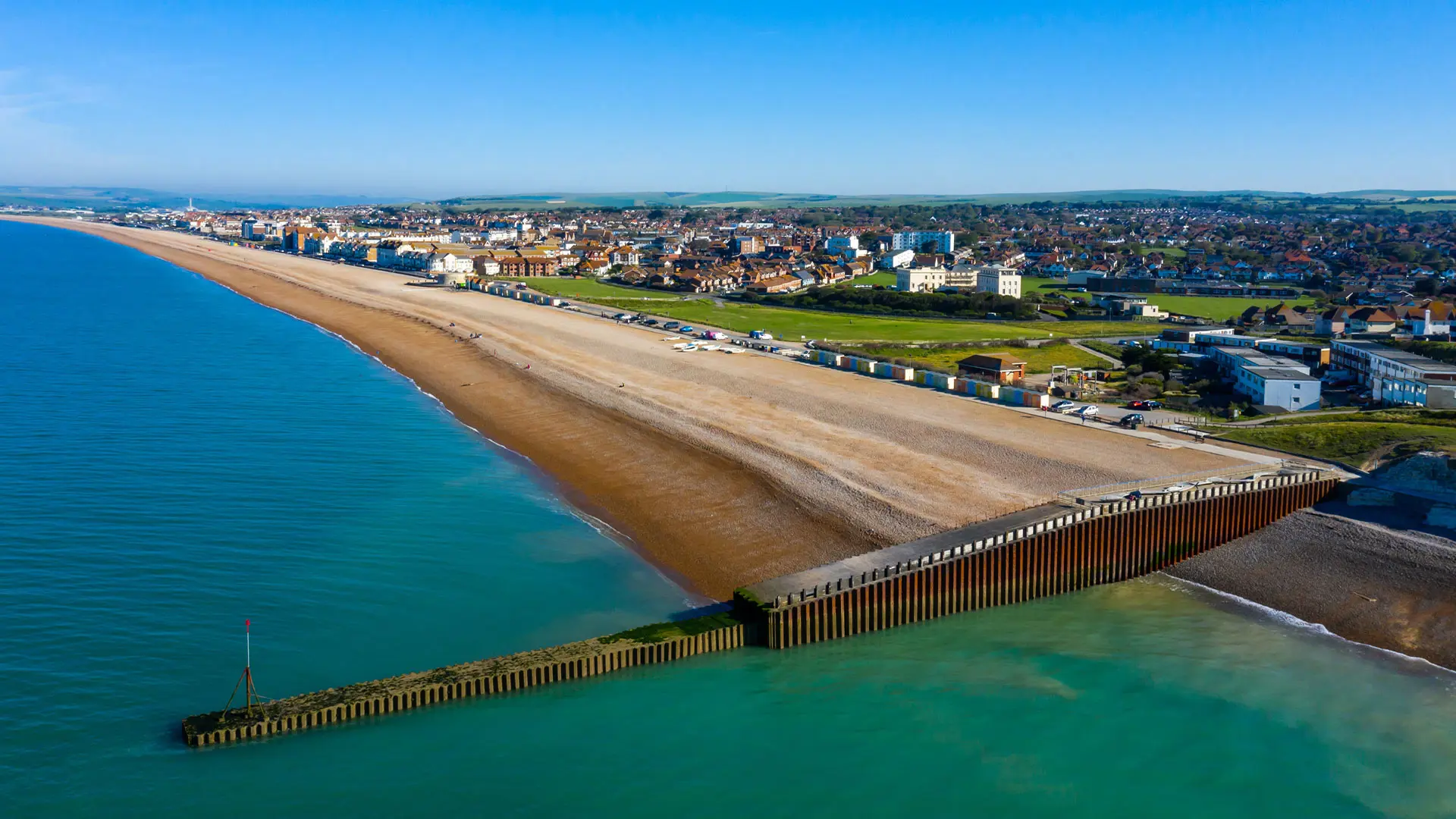Our plans
Here you can find out more information about our plans to create a resilient water future for our customers in the South East.

Creating a resilient water future
The UK water industry faces several challenges in the coming years. In the South East, population growth and the effects of climate change will put increased pressure on our water sources.
If we're to successfully navigate and overcome these challenges, we'll need extensive and careful planning along with huge investments. The business plans we've published lay out these challenges, both current and projected and what we plan to do in response. This includes taking both immediate and long-term action to improve our performance, protect our environment and continue to provide high-quality drinking water and wastewater services to our customers.
Turnaround Plan
We developed our Turnaround Plan to deliver a short, sharp improvement in our performance from 2023 to 2025.
Our Business Plan 2025–30
Our largest and most ambitious plan ever marks the final stage in our transformation. It shows how we'll enhance the health and well-being of our communities, protect and improve the environment and help to sustain the local economy.
Browse all of our plans
Filter by:
Turnaround Plan
Our Turnaround Plan sets out our main priorities and goals for improving our performance by 2025.
Pollution Incident Reduction Plan
Our Pollution Incident Reduction Plan sets out our pollution performance and learnings from the previous year. These then inform our plans to continue reducing pollution in the year ahead.
Business Plan 2020–25
Our Business Plan 2020–25 outlines the actions we're taking now to improve our performance and create a resilient water future for our region.
Our net zero goal
We’re aiming to reach net zero carbon emissions by 2050. Find out more about what steps we're taking to get there.
Long-term priorities
Find more information about our long-term priorities for addressing the challenges our region will face in the future.
Water Resources Management Plan
Our Water Resources Management Plan (WRMP) sets out how we can secure a resilient future for our customers, water supplies and environment.
Drainage and Wastewater Management Plans
We've developed our first DWMPs for our region. These are our long-term plans to make our wastewater and drainage systems fit for today and the future.
Water Futures 2050
Our Water Futures 2050 report discusses the key drivers of change in the coming decades and how we may adapt to our changing environment.
Water recycling
Here you can find more information about water recycling, how it works and how it can help us ensure reliable water supplies even in a drought.
Water for Life – Hampshire
We're investing in protecting the health of the county’s chalk stream rivers, reducing how much water we take from them when river flows are low.
Improvements in your area
We're investing £8.9 billion between 2025 and 2030 – as part of our most ambitious plan yet — to build a better future for water. Here you’ll find an overview of our planned improvements.
Your Water, Your Say
Here you can find a recap of our latest 'Your water, Your Say' meeting, in which we consulted with our customers over our Business Plan.
Business Plan 2025–30
This is our most ambitious plan yet and demonstrates our continued efforts towards creating a resilient water future for our region.
Clean Rivers and Seas Plan
Our Turnaround Plan will improve our environmental and operational performance. This map outlines our regional plans to ensure all storm overflows meet the government’s Storm Overflows Discharge Reduction Plan targets.
Drought Plan
Our Drought Plan sets out how we would deal with a drought in Sussex, Kent, Hampshire and the Isle of Wight.
Vulnerability Strategy
Here you can view our proposed plans to support our customers with additional needs.
Infiltration Reduction Plans
Here you can view our Infiltration Reduction Plans for areas with high groundwater levels and find out what we're doing to reduce the risk of groundwater flooding.
Showing 6 out of 17
